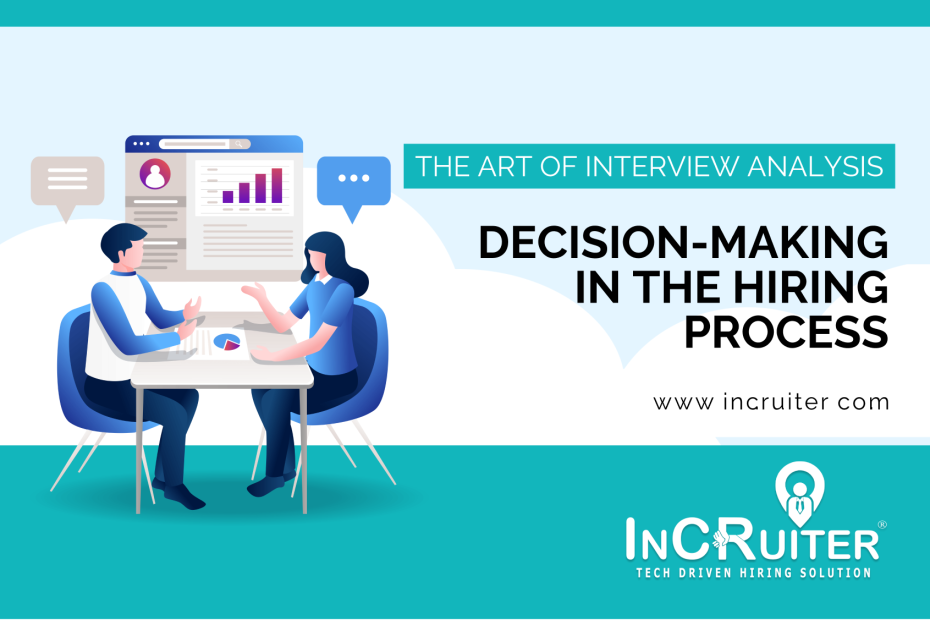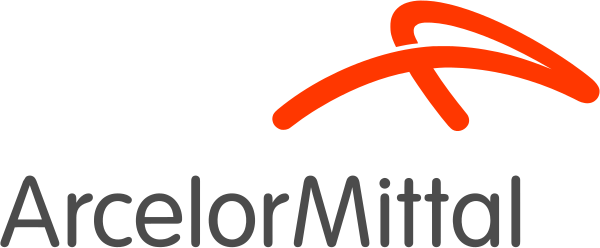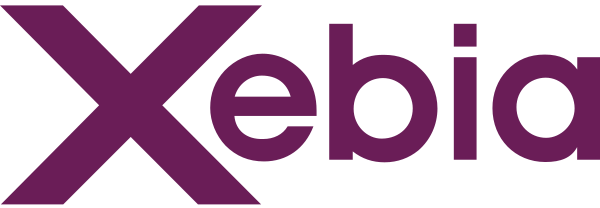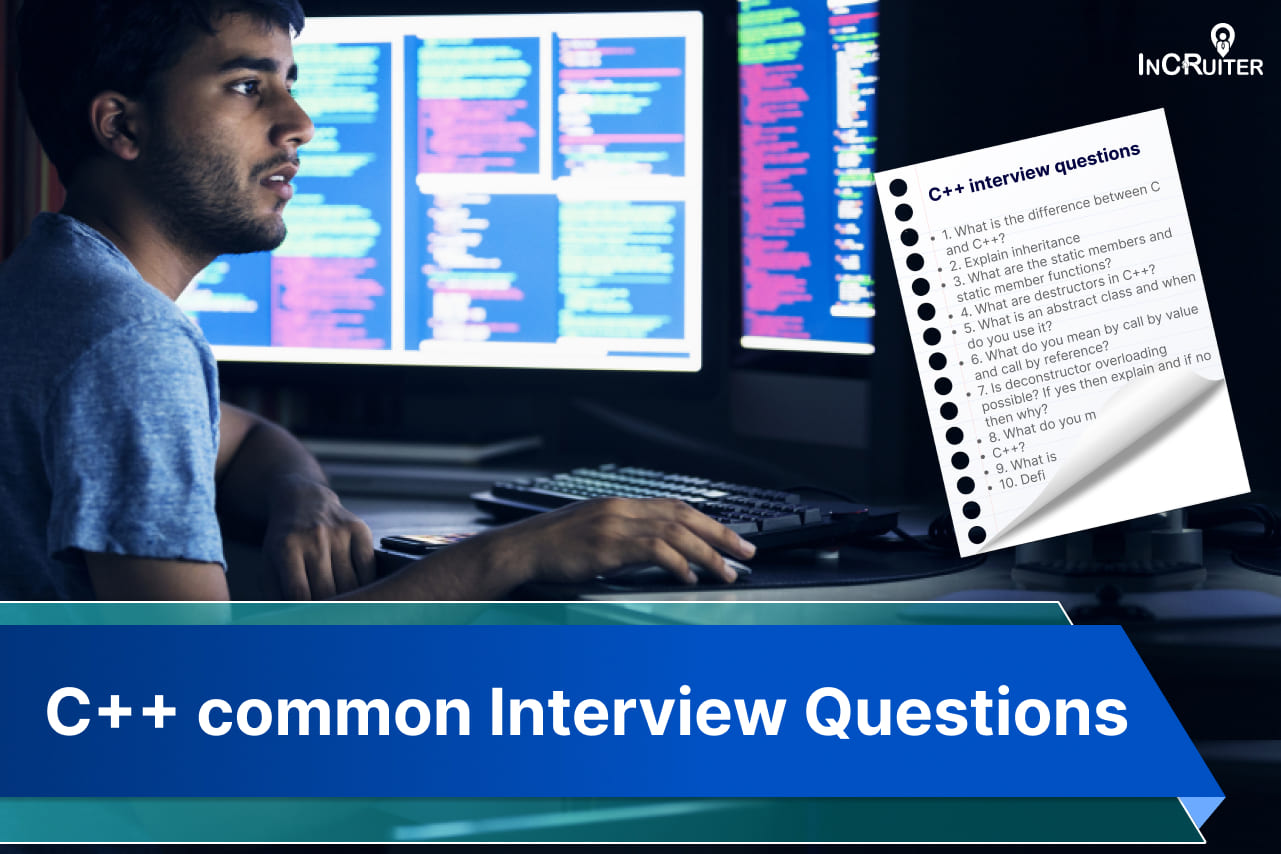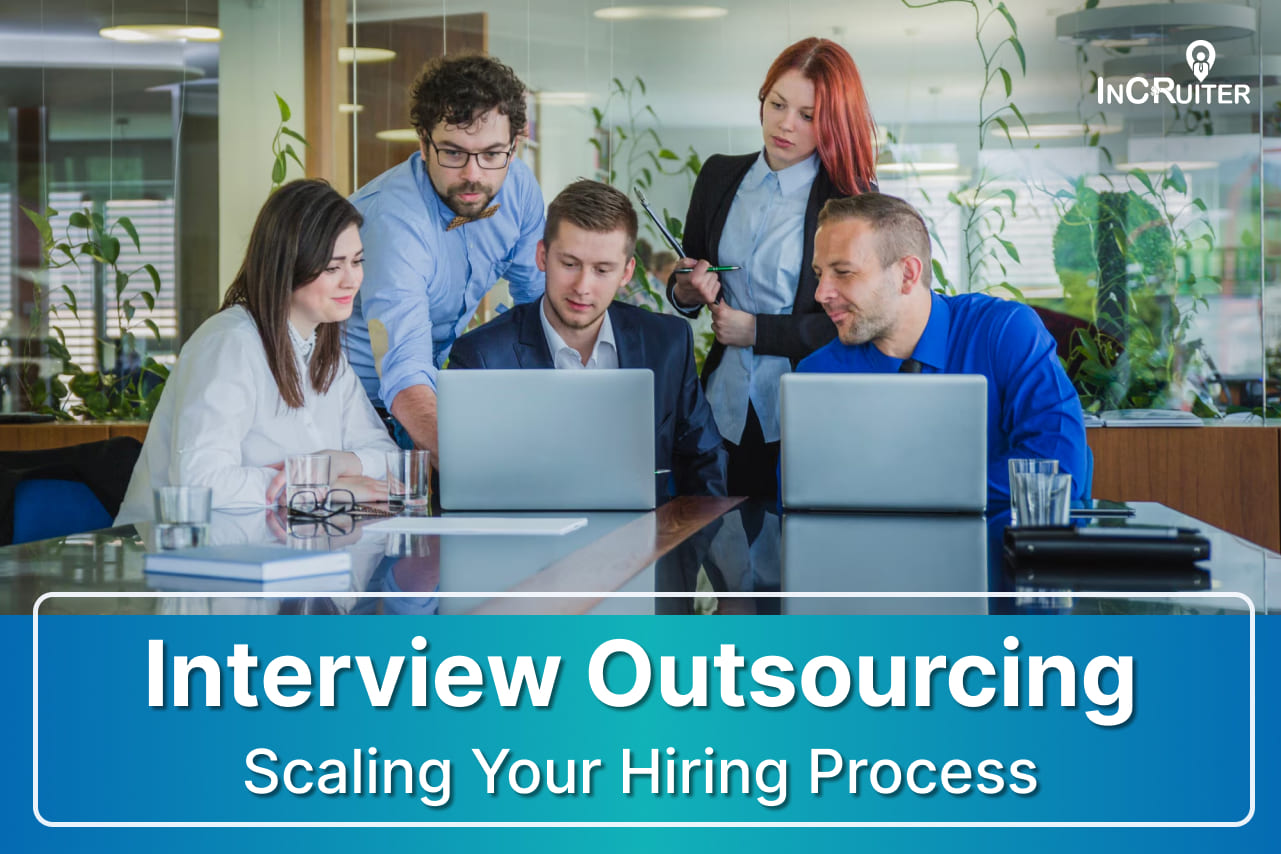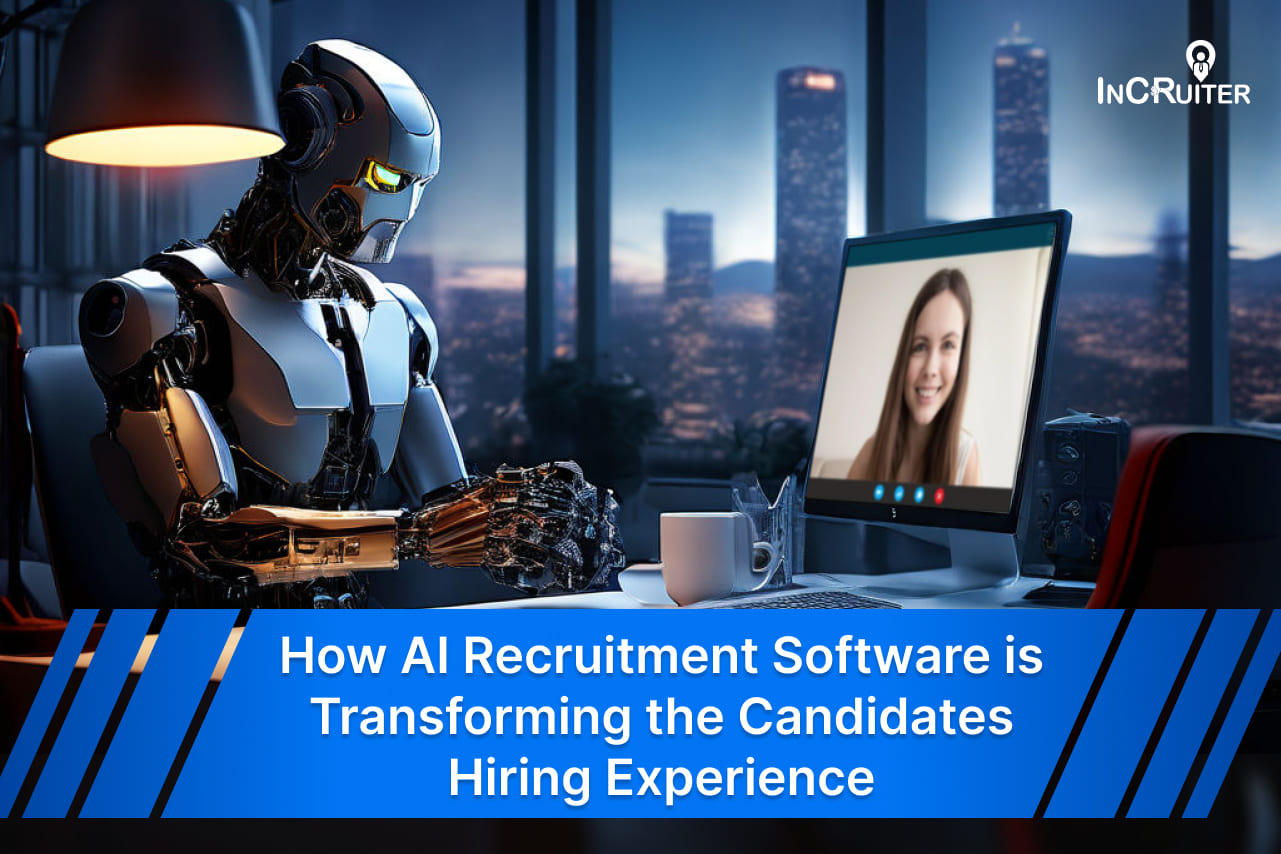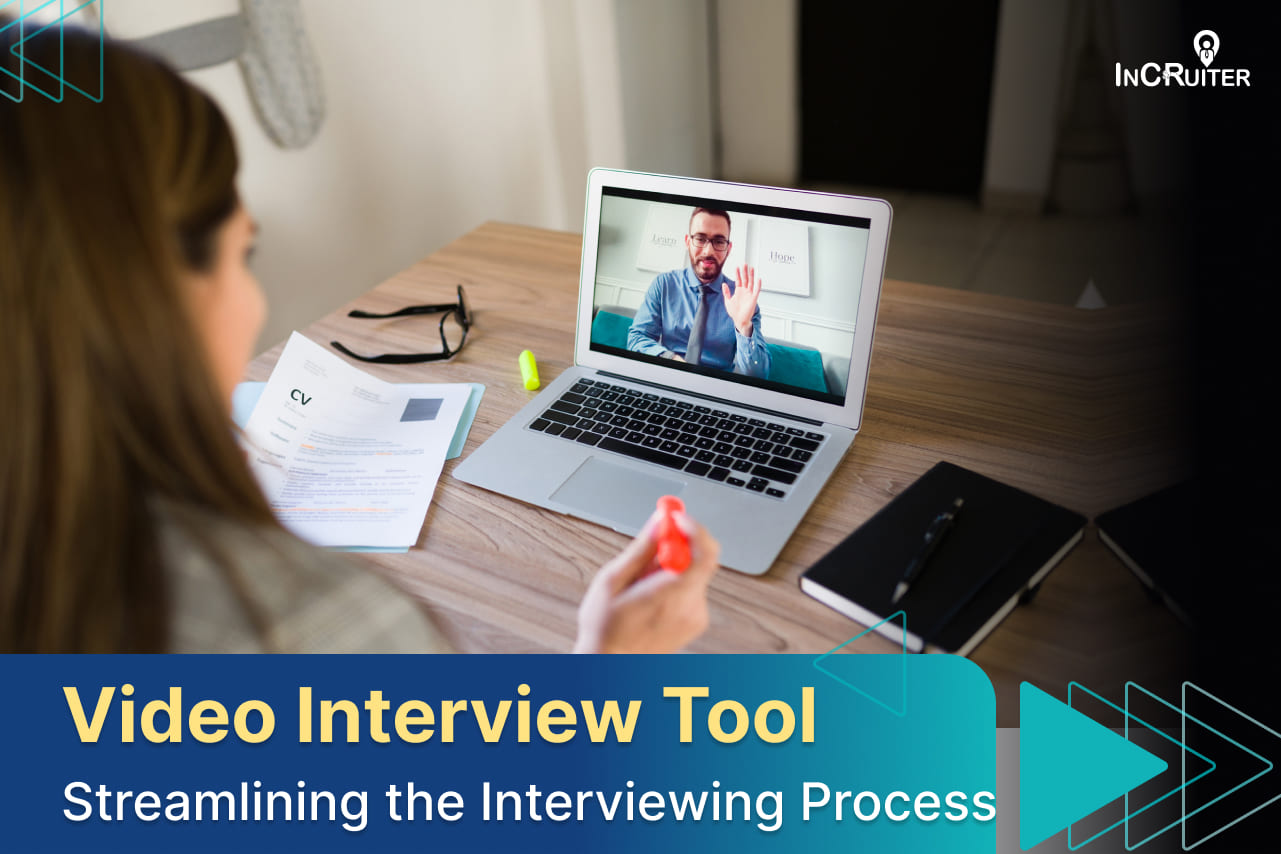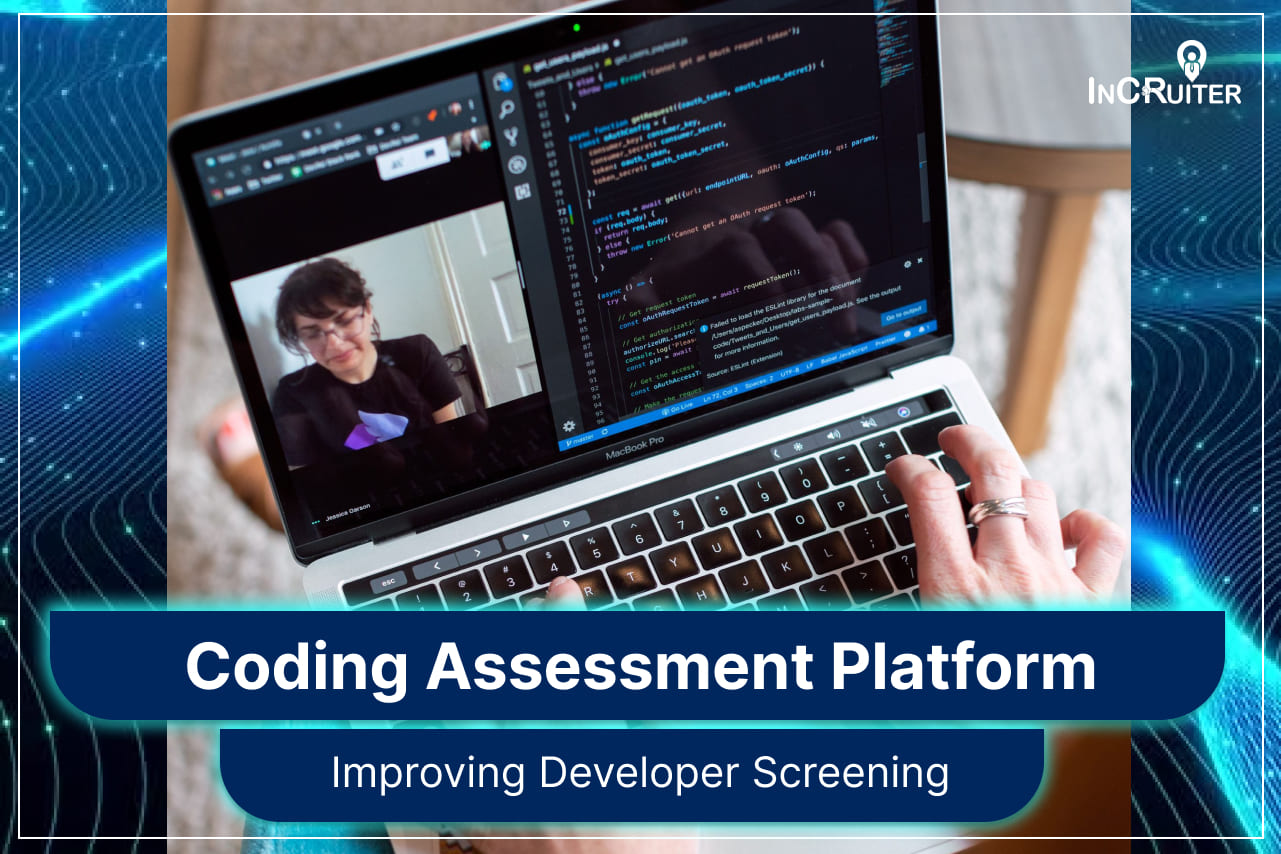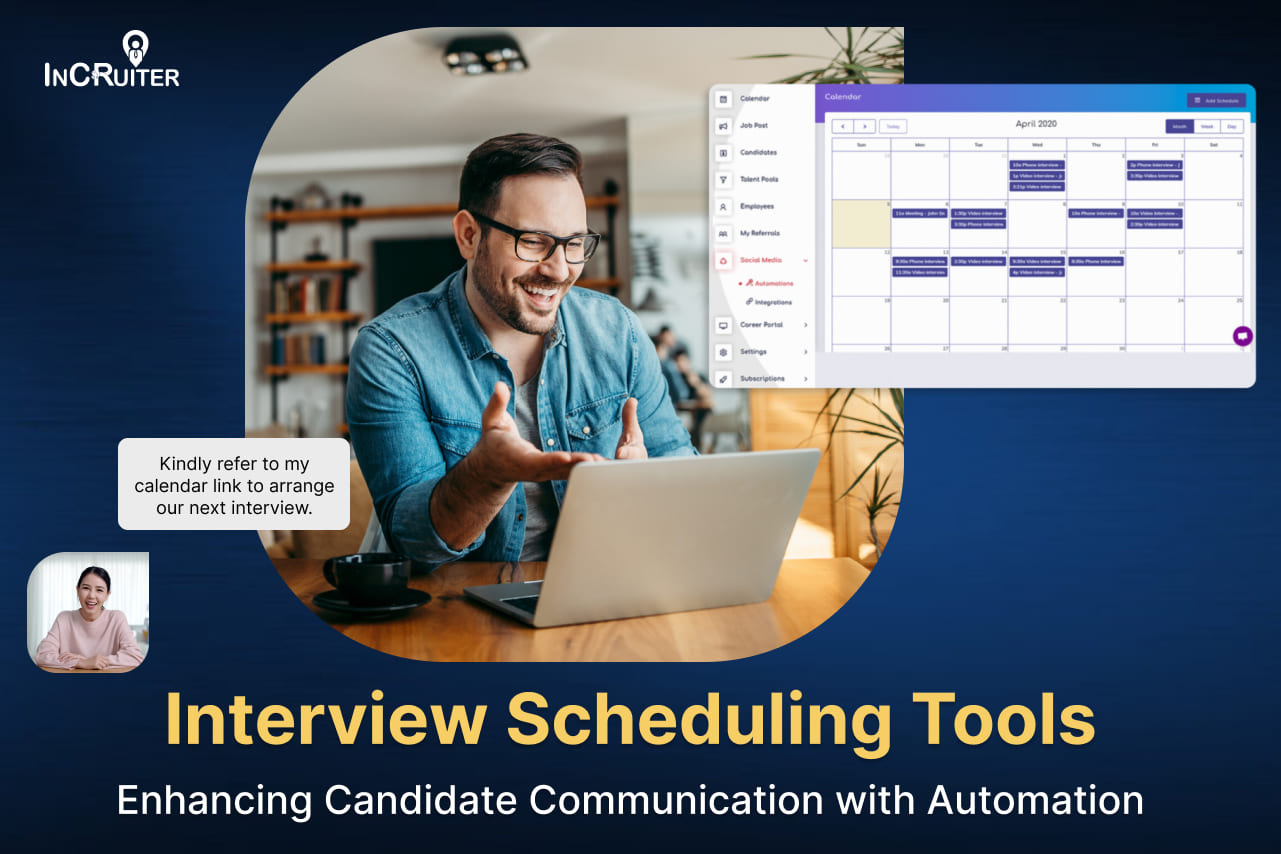To stay consistent in the current job market, companies must strive to hire the most qualified candidates possible to remain competitive. One effective approach to achieving this is by interview analysis. By leveraging interview insights, companies can acquire valuable information on candidates’ skills, qualifications, and abilities. This can aid in enhancing the hiring process and improve the likelihood of hiring the best candidates.
Interview analysis is critical in hiring decisions, as they provide a window into a candidate’s personality, thought processes, and approach to problem-solving. Structured interviews are a great way to ensure that each candidate is asked the same questions, enabling easier comparison and objectivity. On the other hand, unstructured interviews that involve different questions for each candidate can provide a more in-depth understanding of the candidate’s character and thought processes. Let’s explore how companies can maximize interview analysis to achieve optimum hiring decisions.
What is Interview Analysis?
Interview analysis refers to examining and interpreting data collected from interviews. The process involves transcribing, coding, and interpreting the interview data to identify themes, patterns, and insights that can provide a deeper understanding of the candidates ability.
Interviews can be analyzed using various qualitative research methods and techniques, such as content analysis, thematic analysis, discourse analysis, and grounded theory, among others. The insights gained from interview analysis can provide valuable information for various fields, such as social science, psychology, business, and journalism.
Segregation and Collecting Valuable Data
There are several ways to collect interview data. One method for a detailed interview analysis is a structured interview process where candidates are asked same questions. This allows for easier and more objective comparisons of candidates. Qualitative interview data is collected through unstructured interviews, where you ask each candidate different questions. This can help you understand the candidate’s personalities and how they think on their feet.
With the help of metrics gathering the most qualified candidates, poor data information with weak value is eradicated at the stage one process. Creates a better understanding of the roles of both candidates and the employees, making them easy to understand the workflow.
Leveraging Interview Analysis for Optimum Hiring Decisions
Once interview data has been analyzed, it can be used to optimize the hiring process. Companies adjust their interviewing style based on the type of questions that elicit more informative responses. For instance, behavioral questions may yield more insightful answers than traditional questions. Companies can also modify their assessment criteria to ensure it aligns with the interview data. Lastly, companies can adapt their training program to better suit the needs of new hires based on the interview analysis received. An effective way to do so is by incorporating AI- HR tech solutions that will give you profound results and optimum hiring.
Companies look out for patterns and trends in candidate responses to make the most out of interview insights. For instance, if a candidate’s responses to interview questions differ significantly, it can indicate a lack of consistency or adaptability. Another important factor to consider is how the candidate interacts with others, as it can provide insight into their communication style and ability to build relationships.
Maximum Impact
Companies must be flexible and willing to adjust their interviewing style, assessment criteria, and training programs. By doing so, they can tailor their hiring process to what the data tells them and, in turn, hire the best candidates for the job. This level of adaptability is crucial in today’s competitive job market, where top talent is in high demand. Companies must be able to pivot and modify their approach based on the information gleaned from the interview process and have a proper interview analysis before moving forward.
Tweaking interview questions, changing assessment criteria to better predict success in the role, and modifying training programs to address any skills gaps that may arise. Ultimately, the key to successful recruitment is continuously learning and evolving, using the interview data as a valuable tool to guide the hiring process. By being flexible and open to change, companies can maximize the impact of interview insights and make the best hiring decisions possible.
The Major Benefits of Data in Interview Analysis
Data analysis can help to identify patterns and trends in candidate responses, which can be used to refine interview questions and improve the hiring process over time. For example, if certain questions consistently elicit more insightful or revealing responses, these questions can be emphasized in future interviews, leading to a more effective hiring process.
Another benefit of interview analysis is that it can help to streamline the hiring process, reducing the time and resources required to make a hiring decision. By using data to narrow down the candidate pool and identify top candidates, companies can avoid wasting time on candidates who are not a good fit for the position and focus their efforts on the most promising talent.
Conclusion
Overall, interview analysis is a vital tool for companies looking to make better hiring decisions. By analyzing interview data, companies can gain deeper insights into candidate qualifications, skills, and abilities. Furthermore, they can identify patterns, trends, and areas of improvement that can enhance their overall hiring process. By using interview analysis to optimize the hiring process, companies can increase their chances of identifying and hiring the best candidates.
In a much deeper sense, interview analysis improves the candidate experience by providing a more transparent and objective hiring process. By using data to inform hiring decisions, candidates can feel more confident that they are being evaluated fairly and that their skills and abilities are being considered properly. This can lead to a more positive candidate experience, which can help attract top talent to the organization.
